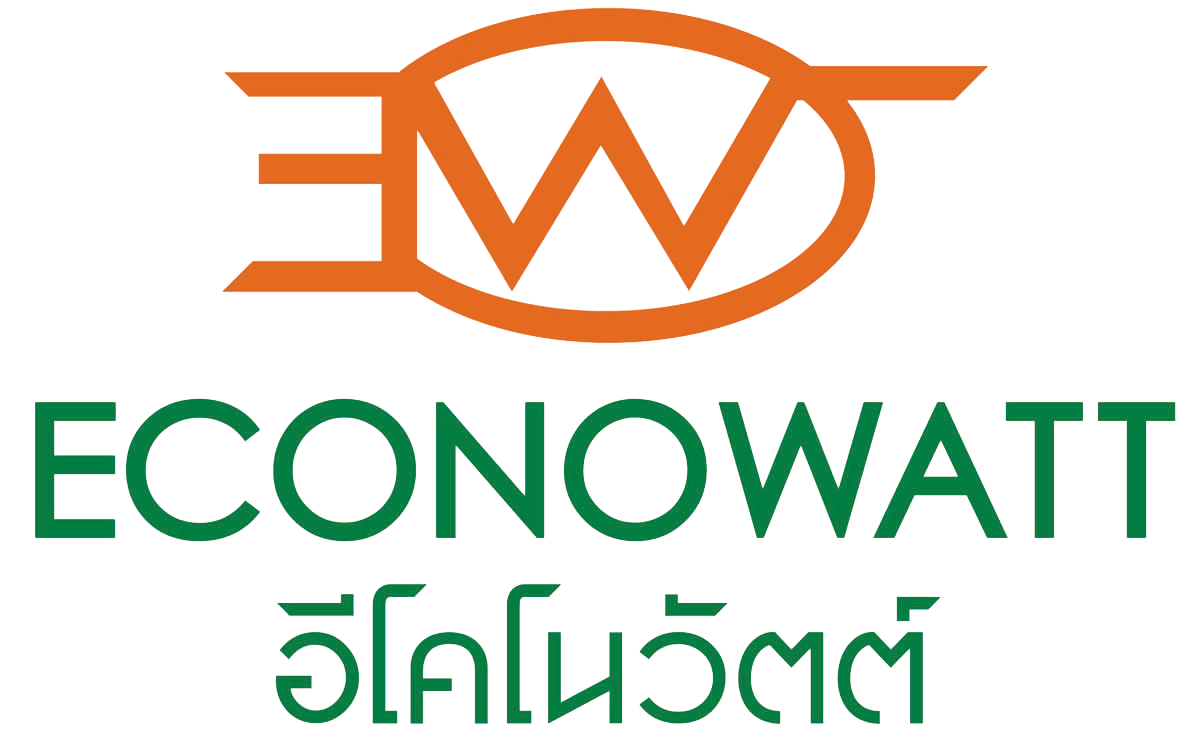“As natural resources worldwide continue to dwindle, effective water management is no longer just an environmental responsibility. It has become a core component of sustainable business operations and long-term development strategy.”
One of the most widely recognized global strategies is “Water Recycling”, which refers to the process of reclaiming used water and treating it through advanced engineering processes. This enables safe reuse in various applications, reducing reliance on freshwater sources.
What is Water Recycling?
Water recycling is the process of collecting and treating used water, including cleaning water, domestic wastewater, or even industrial effluent, through a combination of physical, chemical, and biological treatment methods. The goal is to purify the water for reuse in applications such as manufacturing processes, cooling systems, or building sanitation.
Real-World Applications
A food processing plant treats water from ingredient washing for reuse in green space irrigation.
Commercial buildings reuse condensate from air conditioning systems for cooling towers.
A luxury hotel recycles wastewater from guest rooms through advanced systems for cleaning common areas or driveways.
Who Should Consider Water Recycling?
Organizations that can significantly benefit from water recycling include:
Industrial facilities, such as food and beverage, textiles, electronics, and the petrochemical sectors.
Large commercial buildings, such as hotels, hospitals, office towers, and shopping malls.
Government facilities, including sports complexes, convention centers, and administrative centers.
Businesses aligned with ESG or SDG goals, focused on minimizing environmental impact.
Benefits of Water Recycling
Conservation of Natural Water Resources: Reduces dependency on rivers, lakes, or groundwater sources.
Long-Term Cost Reduction: Lowers utility expenses for water sourcing, energy, and wastewater treatment.
Regulatory Compliance: Supports certification such as ISO 14001, LEED, and Carbon Neutral initiatives.
Enhanced Green Image: Companies with environmental commitment gain trust from customers and investors.
Case Studies from Leading Nations
Singapore: Its “NEWater” system treats reclaimed water to potable standards.
Israel: Recycles over 85% of its wastewater primarily for agricultural use.
USA (California): Implements the “Purple Pipe” system for municipal reuse in public areas.
Technological Advancement in Water Recycling
Modern water recycling leverages cutting-edge technology for superior purification and operational efficiency. It is no longer limited to basic wastewater treatment but embraces smart engineering to ensure safe and effective reuse.
ECONOWATT’s Integrated Water Recycling Solutions
🌬️ Ozone Water System
Advanced ozone-based disinfection and organic degradation
Features:
More effective than chlorine in sterilization
Breaks down organic matter, odor, and color
Reduces or eliminates chemical usage
Seamlessly integrates with MBR or RO systems
Ideal for food processing, healthcare, hospitality, and commercial buildings
⚙️ MBDAF – Micro Bubble Dissolved Air Flotation
High-precision solid separation using micron-sized bubbles
Features:
Effectively removes suspended solids and oil
Low energy consumption and easy installation
Optimized for high-suspended solid wastewater
Boosts efficiency when integrated with primary filtration systems
🌊 EWRO – Reverse Osmosis System by ECONOWATT
Custom-designed RO solution for industrial and commercial use
Features:
Molecular-level filtration using premium membranes
Engineered for energy efficiency
Automatic backwash extends membrane lifespan
Smart control system ensures ease of operation
Suitable for food manufacturing, chemical industries, and large buildings
ECONOWATT – Trusted by Leading Organizations
With over 30 years of expertise in water treatment, recycling systems, and energy-saving innovations, ECONOWATT delivers comprehensive, tailor-made solutions. Our team provides consultation, design, installation, and after-sales support to meet your specific operational needs.

